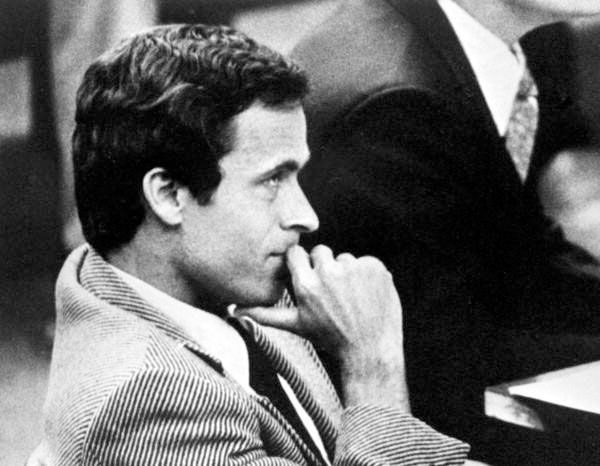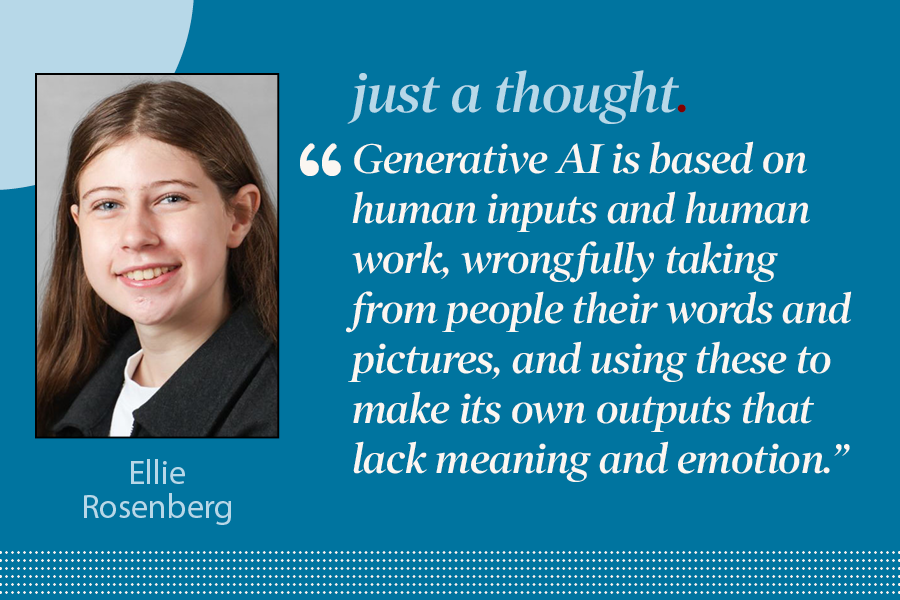Netflix releases two shows on masterful murderers

February 14, 2019
The American fascination with serial killers is in the midst of a new Renaissance. People consume twisted tales of physical and psychological violence through their TVs, listening to podcasts like “Serial,” and watching movies. With Netflix’s release of both “American Crime Story: The Assassination of Gianni Versace” and “Conversations with a Killer: The Ted Bundy Tapes” in the last month, our culture’s obsession with death and crime shows no sign of slowing down.
Both deal with the serial killer tropes that have become ubiquitous: narcissism, a preference for elaborate facades over truth, and an uncanny ability to go unnoticed by police for ridiculously long periods of time. “The Assassination of Gianni Versace,” while not a masterpiece, aspires to be more than just twisty thriller; “The Ted Bundy Tapes,” on the other hand, embodies the worst impulses of the true crime genre.
Despite many similarities between Andrew Cunanan and Ted Bundy, the serial killer each show examines, each show’s structure and purpose differ from the beginning. “The Assassination of Gianni Versace” is part of the scripted “American Crime Story” anthology, while “The Ted Bundy Tapes” is a four-part documentary.
The cold open of “Gianni Versace” cuts right to the chase, and the famous designer meets his grisly fate within the first 10 minutes. From there, the show progresses backward in time, unpeeling each layer of the serial killer it’s studying: Andrew Cunanan. What unfolds is a slightly uneven but generally thoughtful look at how homophobia, classism and untreated mental illness created a monster not only in Cunanan himself but which tormented the lives of his victims long before he reached their front doorsteps.
The attention paid to the lives of Jeff Trail and David Madson, Cunanan’s first two victims, are the best examples of the show’s more ambitious aims. Through the series’ backward storytelling, they become fully-fleshed characters in their own right. An episode mostly devoted to Jeff Trail and the “Don’t Ask Don’t Tell” military policy during the ‘90s is a particularly heartbreaking example of how the show humanizes the victims while building its case on how societal prejudice is a killer more pervasive and brutal than Cunanan could ever aspire to be.
“The Ted Bundy Tapes” doesn’t do much of that, besides an off-hand reference to the brewing feminist movement of the early ‘70s that coincided with Bundy’s killing spree. The documentary is really just a monster movie, without much else to say besides some light swipes at the media, law enforcement and even the women Bundy manipulated along the way. Bundy’s numerous victims are only sometimes named, occasionally with a picture and comments about their physical beauty.
Because of its documentary format, the whole story is mostly one-sided. When Bundy is being filmed, he knows it and acts accordingly. His on-camera persona forces a separation between himself and the suffering of his victims and their families, and it’s difficult to feel the full weight of the lives he’s ruined. It’s hard not to think of how much Bundy would have enjoyed continuing to be elevated as a smooth-talking charmer that was simultaneously unrivaled in killing ability. In the end, the documentary becomes just like the people it critiques: entranced by Bundy’s boy-next-door demeanor and seduced by the idea of his dark underside.
In that way, “Gianni Versace” is almost easier to watch. Although Cunanan was also fame-obsessed, he’s never portrayed in a way that gives him, or his memory, power. By the end of the story, he isn’t someone you fearfully admire; you feel disgust. Darren Criss portrays Cunanan merely as a coward who was so unwilling to work for his own success and fame that he took it from others by force.
Shows like “The Assassination of Gianni Versace,” “The Ted Bundy Tapes” and the true crime genre raise questions around the ethics of storytelling, entertainment and murder. Although it’s not a perfect show, “Gianni Versace” can justify giving a narcissistic killer attention by illuminating the lives of his victims and the societal ills that bolstered him. “The Ted Bundy Tapes” can’t make that same claim, and instead it has only served to re-spark and elevate the attention and fear that fueled Bundy. At best, it’s a pointless addition to the long Bundy canon. At its worst, it gives him more of exactly what he wanted, 30 years after his death.
































































